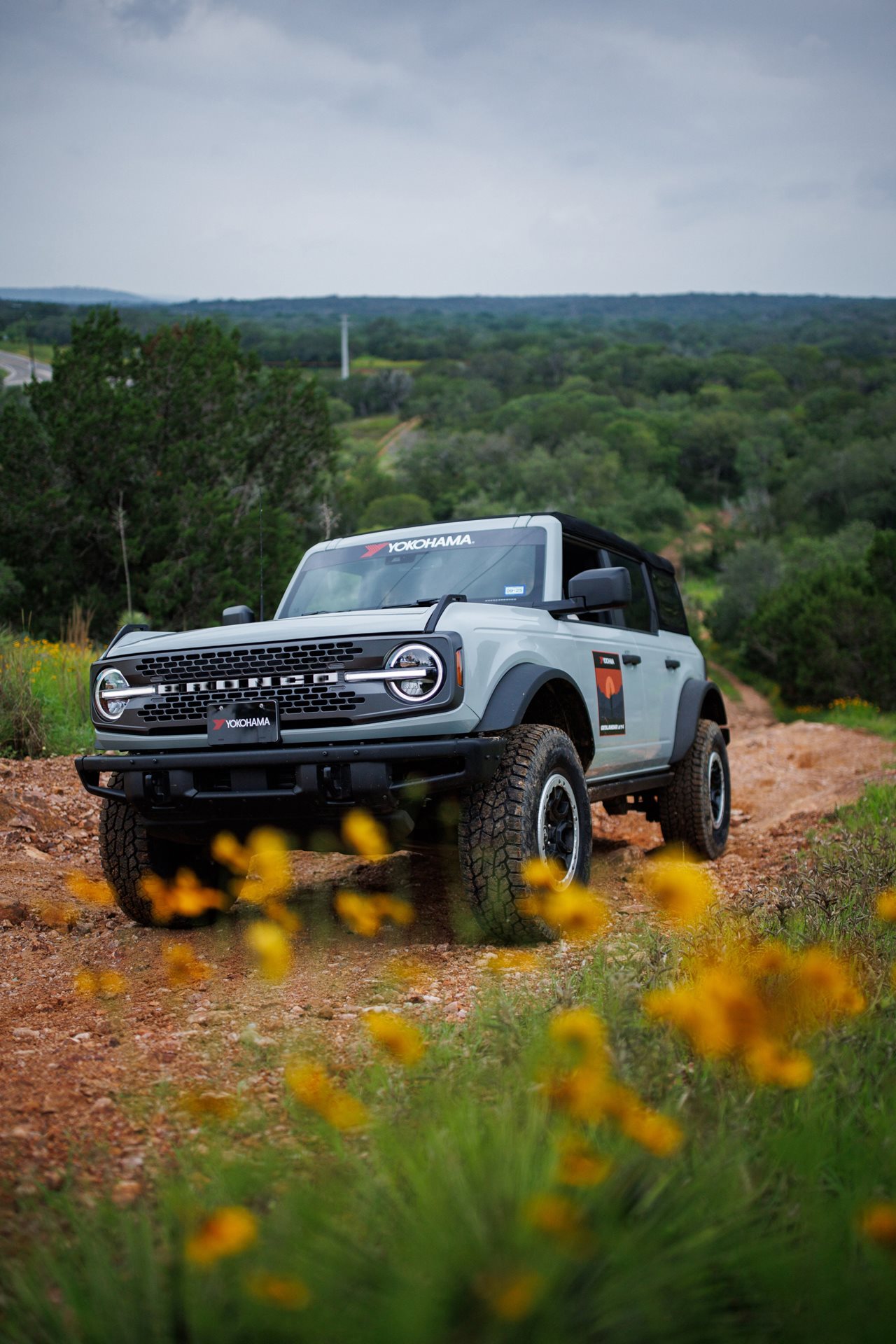(BPT) - Summer's setting and fall's around the corner, meaning colder weather, rain and snow are on the way. For families across the land, fall's still a great time to go off-roading on the weekends. From California to Connecticut - and everywhere in between - there are scenic off-road trails of all varieties to explore, featuring rocks, sand, dirt, water, mud and yes, even snow!
Preparing for Fall Off-Roading
For folks heading out on a fun, off-road fall weekend, this is the ideal time to stop scrolling on the phone, grab some supplies, engage the 4x4 system and see where the adventure takes you. Off-roading is not only an extremely enjoyable way to appreciate the great outdoors, but it also offers a chance to strengthen family bonds and make memories that will last a lifetime. Best of all, off-roading is ageless - it's a great time for all ages, old and young.
Supplies Checklist
Depending on the terrain, you can go off-roading in your daily driver - almost any four-wheel-drive or all-wheel-drive SUV, crossover or light truck can handle it. You'll be out in the wilderness for several hours, so here are 5 basic tips:
- Bring plenty of food and water.
- Pack extra clothes as temperatures get extra chilly as the sun goes down.
- Take along a flashlight (with new batteries) and a basic safety kit with Band-Aids, sunscreen, gloves, etc.
- Research the area/trails you'll be off-roading at. You'll most likely be out of cell phone/GPS range, so it's always good to know where you'll be driving and what the road will be like.
- Make sure your vehicle is in tip-top shape, especially the all-terrain tires or off-road tires.

'Off- or on-road, tires are super important,' says Kevin Nguyen, manager of product planning for Yokohama Tire Corporation, manufacturer of a variety of on-road or off-road tires for SUVs, pick-up trucks and passenger cars. 'They play a vital role in braking, steering, comfort and handling. Doesn't matter if you're in a Jeep, electric SUV or family wagon, the wrong tires can result in a disappointment with the handling, ride and treadwear.'
Choosing the Right Tires for Fall Off-Roading
For off-roading in the fall and winter months, Nguyen says you'll need something extremely durable with great traction. 'It all depends on what you drive and what you plan to do, but a good choice is top-notch all-terrain (A/T) tire, which is very versatile and can be used for off-roading as well as daily driving. A great example is our new, rugged GEOLANDAR A/T4. Because of its outstanding off-road resilience and dependable all-weather traction, the ultra-versatile A/T4 is specifically designed to handle any surface - on- or off-road - and in any weather condition - snow included. It's a 'go anywhere' tire.'
To learn more about off-road tires, Nguyen says to check tire company websites like https://www.yokohamatire.com/geolandar-tires or your tire retailer's website for more help.
Maintaining your daily driver tires for everyday use is essential, too, says Nguyen. This includes taking 5 minutes a month to check your tire pressure. 'A tire that's underinflated will affect your drive and the vehicle's fuel efficiency. Keeping them properly inflated will give you a better ride and save you some at the gas pump,' he says.
The U.S. Tire Manufacturers Association (USTMA) recommends checking the tires when they are cold - at least four hours since the vehicle was last driven. Nguyen says to always use an accurate tire gauge and make sure the valve is free of debris and water. The correct tire pressure is specified by the manufacturer of the vehicle, not the tire manufacturer. The proper inflation levels can be found on a placard on the inside of the car door and/or in the owner's manual.
Nguyen offers more tire tips that will help you throughout the year:
- Check your tread depth by placing a penny upside down into a tread groove. If you can see all of Lincoln's head, your tire's tread has worn down to the legal limit and you need to buy new tires.
- Tires must be replaced when the tread is worn down to 2/32 of an inch (the lowest legal limit). It's best to replace them before they reach 2/32 depending on your drive (geographically and based on the type of streets).
- Rotating your tires regularly promotes even wear of the tread. Tires should be rotated every 5,000 to 8,000 miles.
- Check your alignment at least once a year or sooner, especially if the vehicle is pulling to one side. This will help avoid uneven wear on tire tread. Tire balance should also be monitored.
For more tire care and safety tips, visit www.yokohamatire.com/tires-101 or www.USTires.org.






